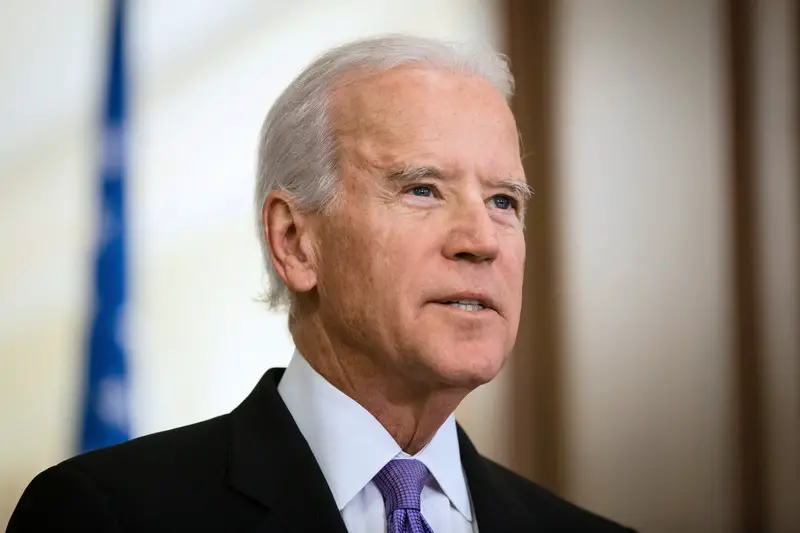Former President Joe Biden’s White House physician invoked his Fifth Amendment rights during a closed congressional deposition on July 9, 2025, declining to answer questions regarding Biden’s health and mental fitness while in office.
Dr. Kevin O’Connor appeared before the House Oversight Committee as part of a Republican-led investigation into allegations that Biden’s health decline was concealed from the public.
Throughout the approximately 21-minute deposition, O’Connor declined to answer questions, citing physician-patient privilege and constitutional rights. Committee Chairman James Comer stated O’Connor was questioned on whether he had been instructed to misrepresent Biden’s health and if Biden was capable of fulfilling his responsibilities, with O’Connor invoking the Fifth Amendment for both.
Comer, a Kentucky Republican, termed O’Connor’s refusal as unprecedented and suggested it added weight to allegations of a cover-up. He argued that it highlighted a conspiracy to hide Biden’s mental decline. The committee released video footage of the deposition, with some portions blacked out for off-the-record discussions.
O’Connor’s attorneys, David Schertler and Mark MacDougall, defended their client’s decision, emphasizing that the circumstances left O’Connor no choice but to decline questions. They noted that asserting Fifth Amendment privilege does not imply guilt, referencing former President Trump’s use of the Fifth during a 2022 deposition before the New York attorney general.
The Trump administration waived executive privilege for O’Connor before his appearance, allowing him to testify on specific issues. A letter from the White House stated that Trump determined executive privilege was not justified due to the unique nature of the matters investigated. The waiver covered O’Connor’s assessment of Biden’s fitness and his relationship with the Biden family.
Republican lawmakers interpreted O’Connor’s silence as confirmation of wrongdoing. Representative Ronny Jackson suggested O’Connor’s refusal indicated involvement in what he described as a significant cover-up. Jackson argued that experts agreed the committee’s questions did not breach doctor-patient confidentiality rules.
Democratic committee members defended O’Connor’s decision, with Representative Jasmine Crockett, who was present for the deposition, asserting that O’Connor had followed legal advice. She noted that disclosing patient records, even of a former president, could risk his medical license. Crockett also referenced the Justice Department’s ongoing investigation into Biden’s use of the presidential autopen as additional justification for caution.
The Republican investigation started from reports questioning Biden’s mental fitness during his final year in office and alleged concealment efforts. The probe expanded to examine whether actions through the White House autopen might be illegitimate if Biden were incapacitated. Biden has denied claims of being unfit at any point, calling such allegations false.
Comer subpoenaed O’Connor after he declined a voluntary interview. O’Connor’s legal team sought a delay until late July or early August for an agreement protecting privilege and confidentiality, but the committee rejected the request. Committee rules require witnesses to assert privilege on a question-by-question basis, with the chairman ruling on each.
The investigation has widened to include nearly a dozen former Biden staffers, including former White House chiefs of staff Ron Klain and Jeff Zients, as well as senior advisers Mike Donilon and Anita Dunn, along with Anthony Bernal, former chief of staff to the former First Lady, Jill Biden.
Ashley Williams, former special assistant to the president and deputy director of Oval Office operations, testified behind closed doors on Friday, July 11, as part of the investigation.
Former Biden White House officials were unsurprised by O’Connor’s decision, with one describing him as a loyal individual. O’Connor’s refusal followed Biden’s departure from office and a prostate cancer diagnosis. Biden initially blocked similar interview requests while president, but the Trump administration’s waiver removed that protection.











